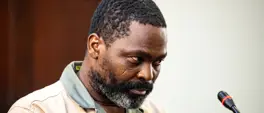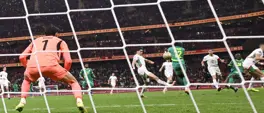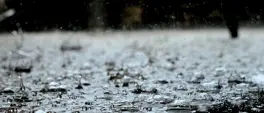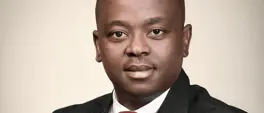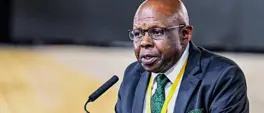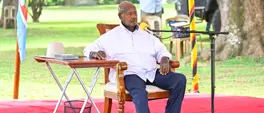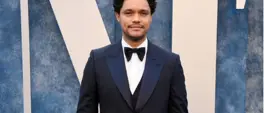'The Marvels': An appropriately, uhm, marvellous gag for the girls and gays
Devon Thomas
20 November 2023 | 10:00The MCU's latest addition in the contentious 'Multiverse Saga' provides viewers with tons of entertainment value, but its underinvestment in its villain makes 'The Marvels' fall short of being a standout to its many, many offerings.
REVIEW
I’ve never been a staunch Marvel supporter – even during its heyday. Much like most people in the world, I’d consider myself more of a casual viewer with a few favourites.
Now 33 movies, 9 TV shows, and five ‘Phases’ in, the Marvel Cinematic Universe (MCU) has crafted an extensive catalogue with an ever-expanding universe that – somewhat - managed to maintain its relevance and become one of the highest-grossing franchises of all time, which is admittedly impressive.
However, now 33 movies, 9 TV shows, and five ‘Phases’ in, it’s becoming increasingly difficult to keep up with the franchise, making it near-impossible for the casual viewer to keep up with even half of its new releases.
For perspective, since the end of the MCU’s peak with the Infinity Saga (Phases 1-3) in 2019, the Multiverse Saga (currently, Phases 4 and 5) has unleashed 20 projects from 19 different sub-franchises – most of which interweave with each in the broader universe to varying degrees.
For even more perspective, by the end of 2024, the Multiverse Saga would’ve released as many projects in four years as the Infinity Saga did in 11.
This, arguably, has been one of the biggest reasons for the MCU’s steady downfall in the profitability and reception of its latest releases because, for the casual viewer, they at best feel like homework to keep up with and at worst feel pointless.
As such, coupled with its perceived ‘woke agenda’ by having women of different races as leads (who do not subject themselves to the male gaze), it is no surprise that the latest movie in the MCU, The Marvels, flopped immensely at the US Box Office in its opening weekend.
In fact, The Marvels’s opening weekend made $46.1 million in the US – the lowest ever for an MCU movie.
As of 19 November, it also has a 62% approval rating from critics on Rotten Tomatoes and an 83% approval rating from audiences, so you can take whatever you want from that.
However, it topped the box office and did mark the highest opening weekend for a black woman director of all time, which I don’t think gets enough buzz because, for the most part, Nia DaCosta (who also did the commendable Candyman reboot in 2021) did a fantastic job.
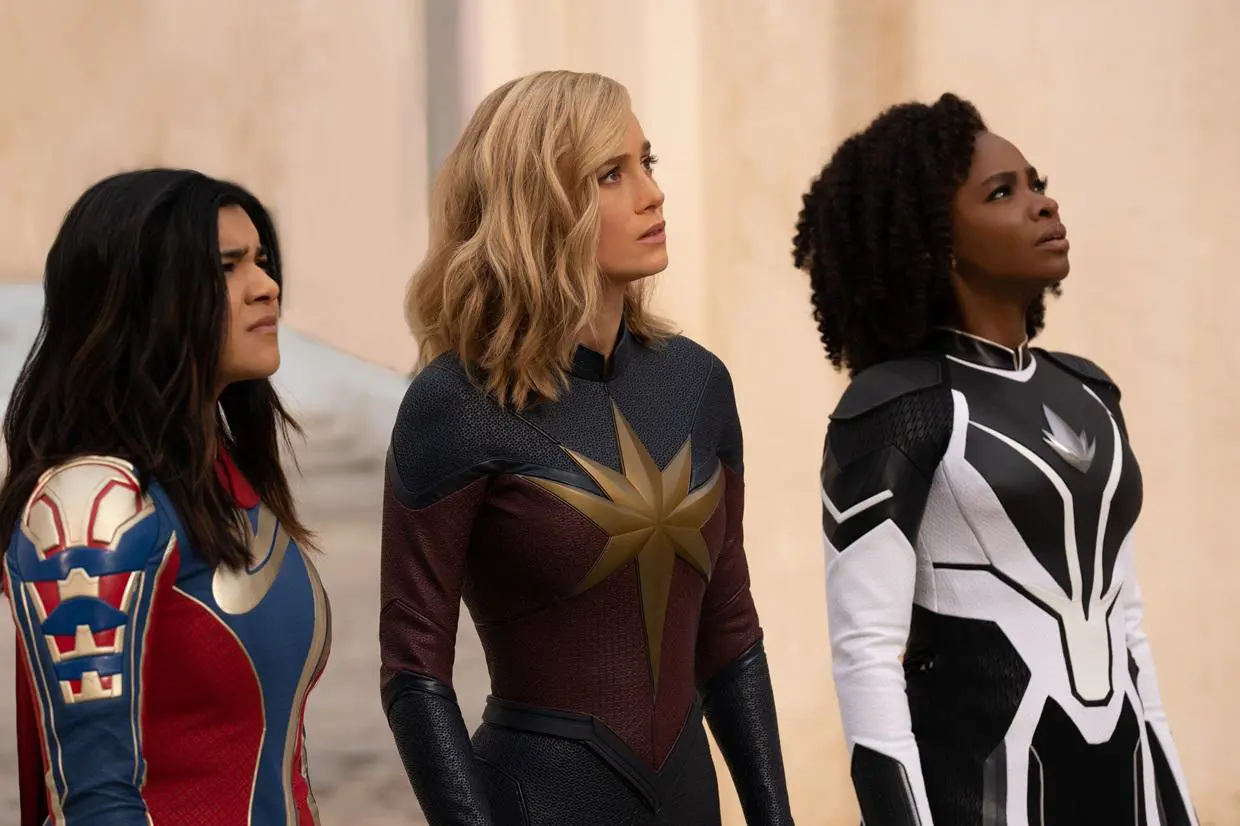
Iman Vellani as Ms Marvel/Kamala Khan (L), Brie Larson as Captain Marvel/Carol Danvers (C), and Teyonah Parris as Captain Monica Rambeau (R) in ‘The Marvels’ (2023). Picture: Supplied/Disney Africa
The Marvels may be a disappointment for Marvel Studios and the broader Disney conglomerate, but it is by no means a failure, making over 40% of its net budget back as of 17 November.
Even from a critical point of view, for me, The Marvels is a more than worthy addition to the MCU zeitgeist – especially for the contentious Multiverse Saga.
Broadly, The Marvels functions as a three-in-one sequel to Captain Marvel (2019), WandaVision (2021), and Ms. Marvel (2022) that continues the stories of Captain Marvel/Carol Danvers (Brie Larson), Captain Monica Rambeau (Teyonah Parris), and Ms Marvel/Kamala Khan (Iman Vellani) as they band together as the titular Marvels to save the universe (read: Earth featuring a couple other freshly-introduced planets) from a formidable-at-first foe with a morally-grey motive.
If that sounds like several other post-Thanos movies in the MCU (especially if they take place in space), don’t get me wrong, it’s because it most definitely is.
From a purely narrative structure, the overall plot for The Marvels is a pretty formulaic addition to the Multiverse Saga: an angsty villain with a little too much power wants to destroy (parts of) the universe and the heroes, placed in an ‘unlikely’ scenario, team up to try to defeat this very-specific-but-also-loosely-connected-to-the-bigger-MCU-story villain.
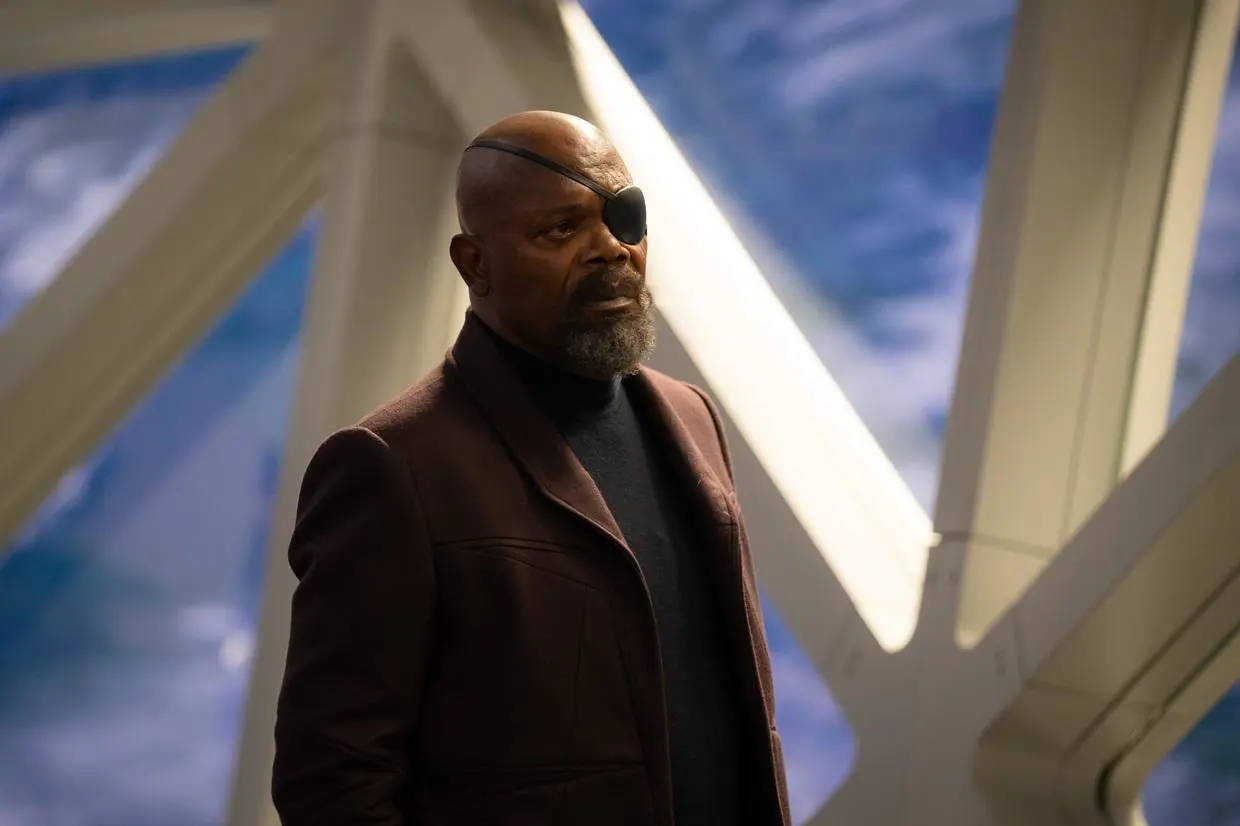
The villain in question here is Dar-Benn (Zawa Ashton), a radical Kree warrior who uses a nifty bangle (aka a Quantum Band) - initially introduced in Ms. Marvel as a conduit that activates Kamala’s powers - to try and replenish her planet, Hala, after the shenanigans of Captain Marvel allegedly left it all but barren during the Kree Civil War, earning her the nickname of ‘The Annihilator’.
Conceptually speaking, Dar-Benn had the potential to be a particularly nasty and complex villain because not only is she willing to commit what is essentially genocide to replenish her planet by literally suctioning a resource from another planet (air, water, and the sun, in this case), but the ones she chooses are all places Captain ‘The Annihilator’ Marvel “calls home”.
Listen, I do not endorse her actions, I’m merely saying that this could’ve been a really effective foundation for the MCU to create a truly bone-chilling villain whose motive, though brutal, makes sense for her character.
On top of that, because her motives are directly tied to Captain Marvel, a lead protagonist, that sets up some crazy stakes that feel even more personal than the ‘blip’ in Infinity War or the hex in WandaVision.
Not only is she trying to literally save her home at any cost, but she wants to tear apart everything Captain Marvel, who she sees as the villain in her story, sees as home – effectively grounding her intergalactic actions with raw, human emotion that any of us, on some level, can understand.
Though pretty simple in nature – and not very original – it’s the perfect set-up if done right.
Unfortunately, The Marvels completely f***s this up because if it was a lip-sync on Drag Race, RuPaul would be sending its ass home halfway through the performance.
On first viewing, because I hadn’t been able to process the gravity of Dar-Benn’s motives, her character completely falls flat, feeling as contrived as it felt boring. The writers do such a terrible job with her that despite being introduced in the opening scene, it was only until the latter portion of the second act that I realised she was the movie’s Big Bad.
Like, I was not checking for her at all, which went as far as being fully convinced that she must have been introduced in one of the countless prior movies that I just managed to miss because she felt that underdone.
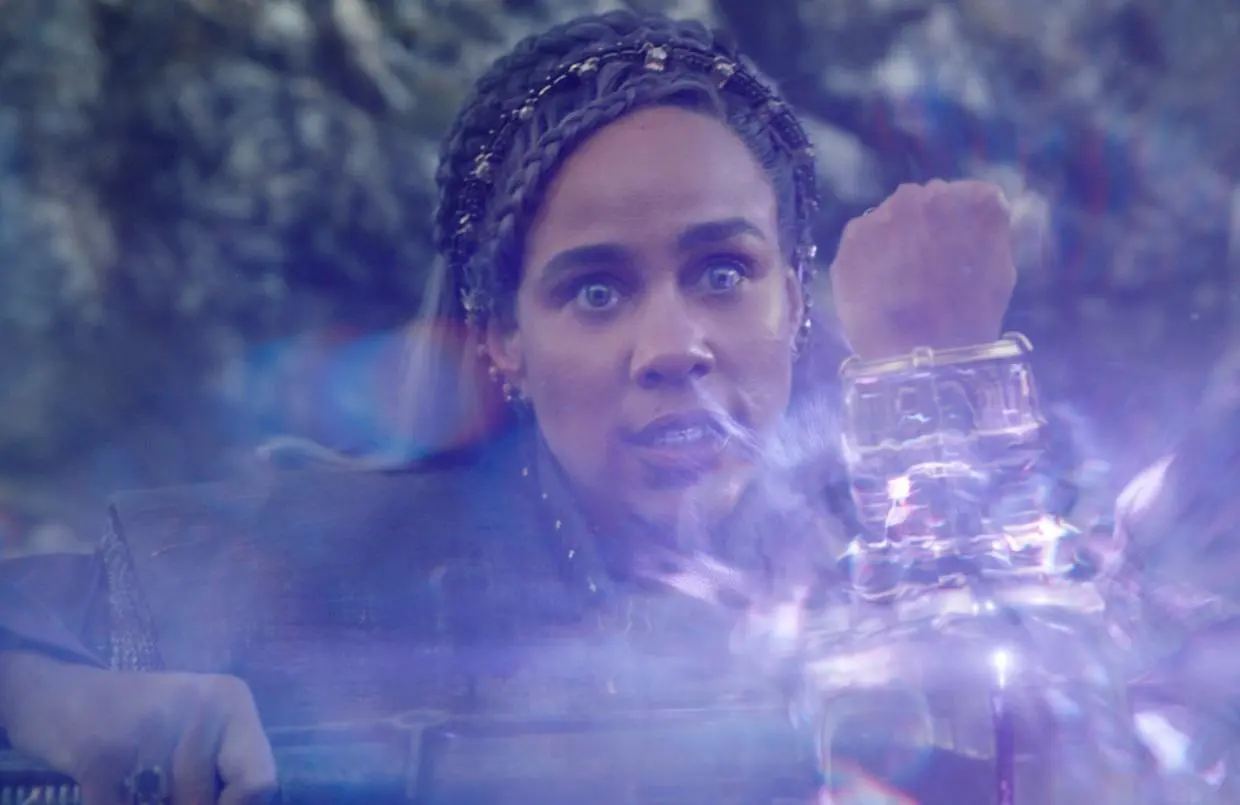
However, on the second viewing, I understood (with the help of expository dialogue ngl) what she was trying to do a little more and the weight that held, which just pissed me off because of all that raw potential that just got lost somewhere along the way.
At just 105 minutes long, The Marvels has a pretty short runtime for an MCU movie (Captain Marvel, for example, was 124 minutes long), meaning that they could have easily spent more time developing and expanding her character so that by the time you reach the climax, you are truly scared for girls.
Alas, though this missed opportunity could have easily ruined the movie for me, the concept alone was strong enough not to deter where The Marvels truly shines: its protagonists.
From the jump, the Marvels – along with Nick Fury (Samuel L Jackson), the movie’s only male lead – carry the movie: Captain Marvel is its centre, Ms Marvel is its heart, and Monica (Marvel-related superhero name still pending) is its glue.
Almost all of my favourite scenes from the movie directly involved the three of them in some form, with the movie’s two crowning moments being scenes with only them in it that, though quiet in depiction, made the biggest impact on me.
Their dynamic and chemistry work so well and is so wholesome that they could’ve done literally anything, and I would’ve been on board.
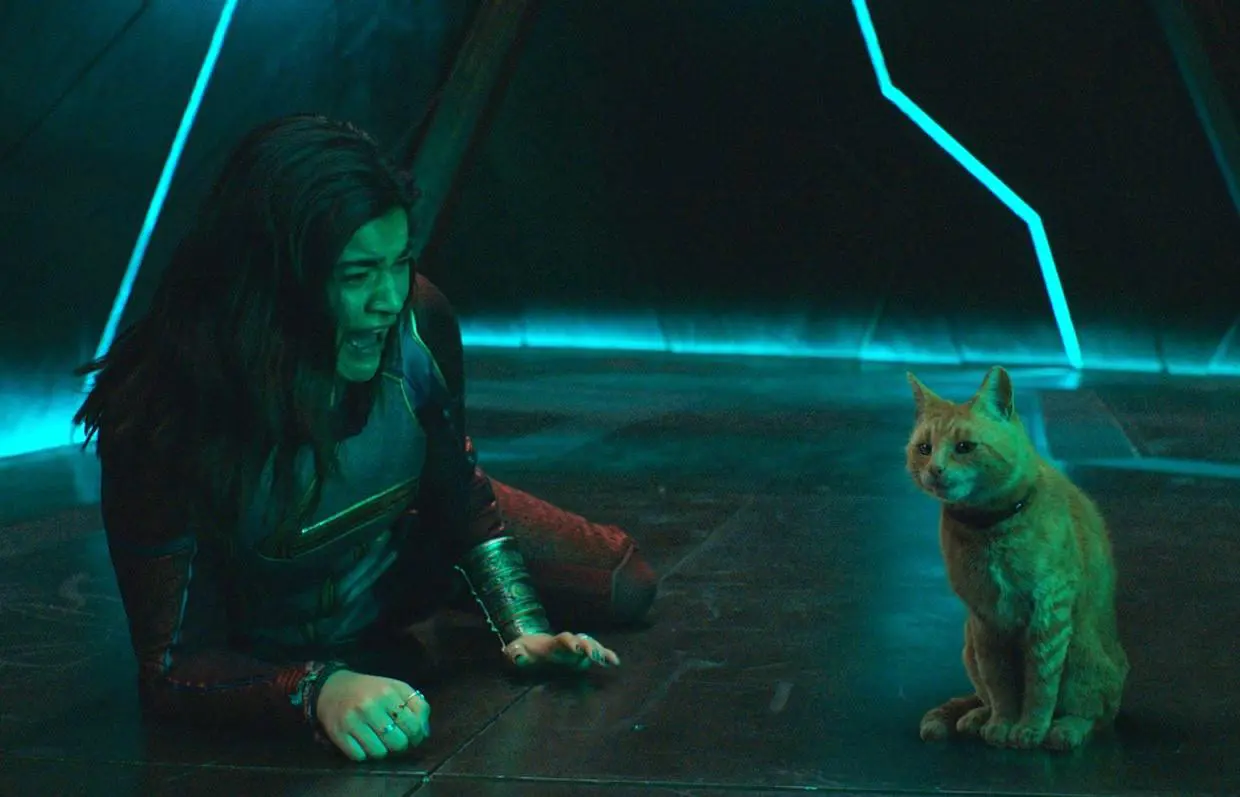
In part because of this, The Marvels is also a really fun and entertaining movie where, despite its flop of a villain, I was never bored.
My favourite element stemming from this is how camp The Marvels actually is. Like, some of the humour and moments in the movie are just so silly and absurd that it made it feel even more endearing.
In an effort to be as vague as possible, there was some very impressive deep-throating, some very corny (in a good way) dialogue and jokes, some really hot boys that feel like himbos, and a really big flash mob.
Like that flash mob-esque scene ate so bad, idc what anybody says.
Like, comparatively, many moments in The Marvels were very much giving wholesome Charlie’s Angles: Full Throttle (2003) in space – and I mean that in the best way possible.
This is the first MCU movie in a while that made me look forward to where the cinematic universe was going.
Make no mistake, you can tell that this movie was a product of some heavily women-led influence because it felt like it was made for the girls, gays, and theys, and not for the comic book/film bros.
Also, the crowd I watched it with were also fun, so I’d recommend watching it with one.
Ultimately, though falling short in a vital department, The Marvels still provides enough thrills, laughs, stupidity, depth and wholesomeness that transform what could’ve easily been a ‘LOOK! GIRL POWER! YAAAS QUEEN!’ movie into a film about women, made by women, and for women.
Its mid-credit scene was also very cool, so make sure you stay for that.
Giving it 7 Charisma, Uniqueness, Nerve, and Talent points out of 10.
The Marvels is in theatres now and you can watch the trailer below.
Get the whole picture 💡
Take a look at the topic timeline for all related articles.
